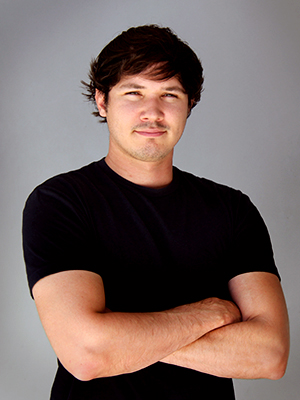
David Bogumil, Ph.D.
University of Southern California
Dr. Bogumil is a postdoctoral scholar at the University of Southern California’s Keck School of Medicine. He specializes in caner disparities research, risk modeling, genetic epidemiology in admixed populations, and environmental genomics. His educational background includes a B.A. in Psychology from UC Santa Barbara, an MPH in Epidemiology from UCLA, and a Ph.D. in Epidemiology from USC. Dr. Bogumil’s current research focuses on polygenic risk modeling in admixed populations and the integration of lifestyle and environmental factors to identify sources of cancer disparities.
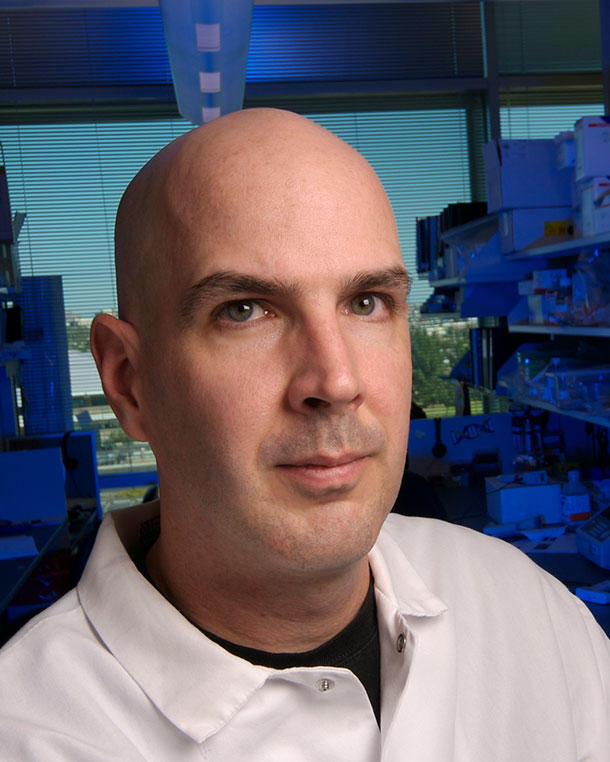
Kevin Brown, Ph.D.
DCEG, NCI
Dr. Brown received a Ph.D. in Genetics from the George Washington University in Washington, D.C., in 2003. He conducted his postdoctoral training in the Laboratory of Dr. Jeffrey Trent at the Translational Genomic Research Institute (TGen) in Phoenix, Arizona. He subsequently went on to direct his own research program at TGen as an investigator from 2005 to 2010, and served as an adjunct professor in basic medical sciences at the Mayo Clinic Cancer Center, the University of Arizona College of Medicine, and Arizona State University from 2008 to 2010. His work at TGen involved the application of whole-genome familial linkage, candidate gene, and genome-wide association study (GWAS) approaches to identify genetic variants associated with melanoma susceptibility. In 2010, Dr. Brown joined the Laboratory of Translational Genomics (LTG) in the Division of Cancer Epidemiology and Genetics (DCEG) as a tenure-track investigator. He was awarded NIH scientific tenure and promoted to senior investigator in 2018. His research focuses on the genetic underpinnings of melanoma susceptibility.
Kevin Brown's profile
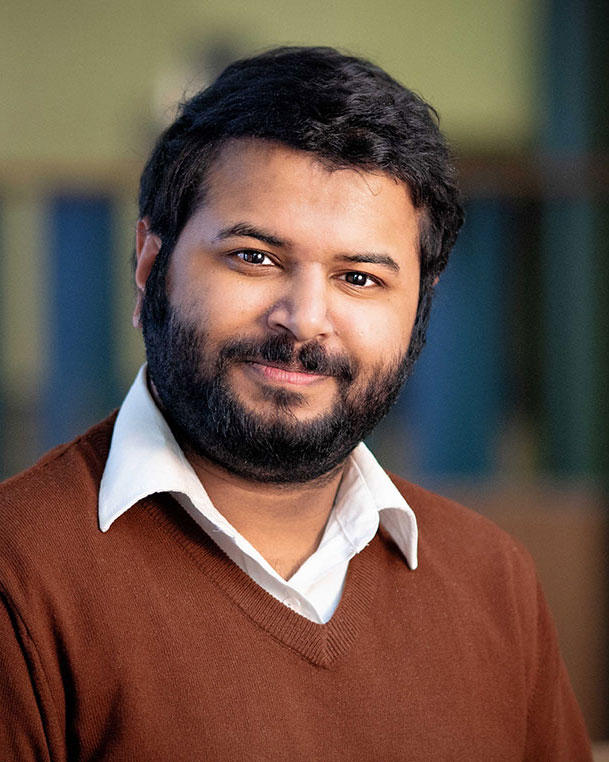
Diptavo Dutta, Ph.D.
DCEG, NCI
Dr. Diptavo Dutta joined DCEG as an Earl Stadtman tenure-track investigator in the Integrative Tumor Epidemiology Branch (ITEB) in July 2022. He earned his Ph.D. in biostatistics from the University of Michigan at Ann Arbor. As part of his doctoral research, he developed methods to identify contributions of rare variants on multiple traits and the active genes within a gene-set associated to different traits. He earned an M.Stat. from the Indian Statistical Institute, Kolkata, specializing in biostatistics and data analysis, and a B.Sc. in statistics from the University of Calcutta, India. Prior to joining DCEG, Dr. Dutta was a postdoctoral fellow at Johns Hopkins University.
Diptavo Dutta's profile
Oscar Florez-Vargas, Ph.D.
DCEG, NCI
Dr. Oscar Florez-Vargas, Ph.D., joined the Laboratory of Translational Genomics (LTG) as a postdoctoral fellow within the laboratory of Ludmila Prokunina-Olsson, Ph.D., in 2016 and was subsequently promoted to a research fellow in 2022. He earned his Ph.D. in computer science from the University of Manchester in 2016 and his M.Sc. in biochemistry from the National University of Colombia in 2008. In 2022, he was selected for the 2023 NCI Diversity Career Development Program, aimed at empowering postdoctoral trainees for leadership in independent academic research careers. In 2023, he was also selected for the 2023-2025 Human Genetics Scholars Initiative, dedicated to advancing diversity, equity, and inclusion in the field of human genetics and genomics research.
Oscar Florez-Vargas's profile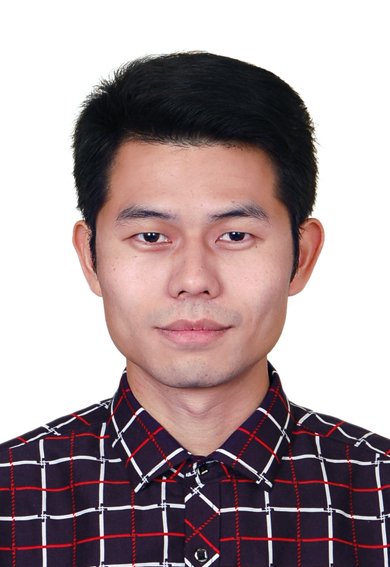
Sheng Fu, Ph.D.
Biostatistics, DCEG, NCI
Dr. Sheng Fu earned his Ph.D. in Statistics from the University of the Chinese Academy of Sciences. He joined the Biostatistics Branch (BB) in 2020 to work with Dr. Kai Yu and Dr. Haoyu Zhang on the development of statistical methods for integrated analysis and genetic association inference.
Sheng Fu's profile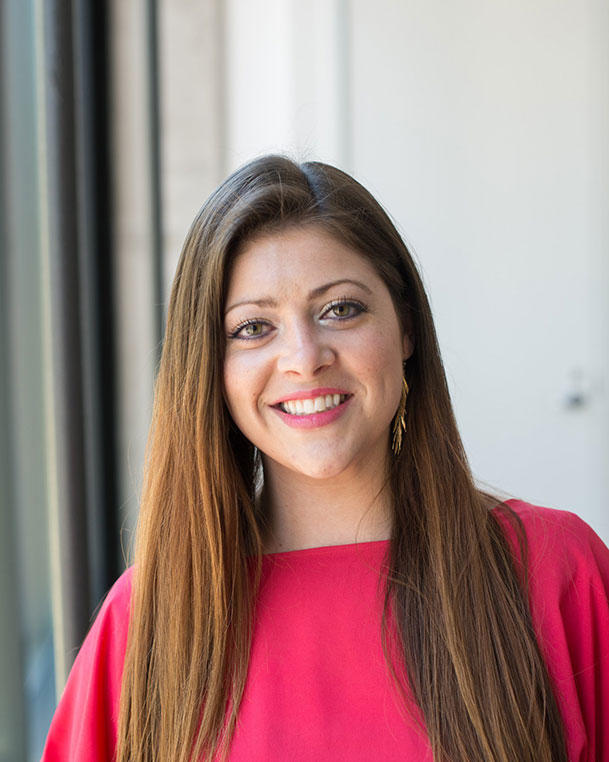
Aubrey Hubbard, Ph.D.
DCEG, NCI
Aubrey Hubbard, Ph.D., M.P.H., joined the Integrative Tumor Epidemiology Branch (ITEB) as a postdoctoral fellow in September 2021. Dr. Hubbard earned her B.S. from the University of Utah, Salt Lake City in behavioral science and health in 2010 and received an M.P.H. in epidemiology from George Washington University, Washington, DC in 2016. In 2021, she graduated with a Ph.D. in epidemiology from the University of Minnesota, Twin Cities. Her doctoral studies focused on international trends in pediatric cancer incidence, genetic risk factors for pediatric germ cell tumors, and chemotherapy-induced peripheral neuropathy among pediatric germ cell tumor survivors, under the mentorship of Dr. Jenny Poynter.
Aubrey Hubbard's profile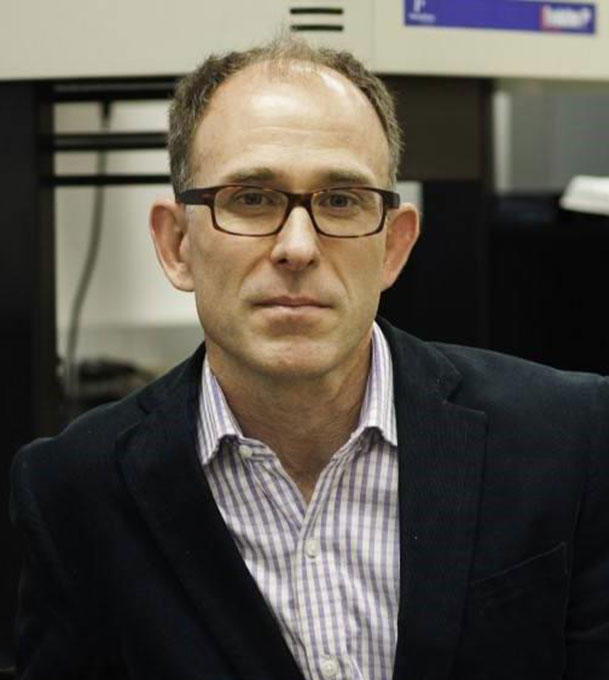
Peter Kraft, Ph.D.
DCEG, NCI
Dr. Peter Kraft joined DCEG as Director of the Trans-Divisional Research Program (TDRP) in April 2023. An internationally recognized leader in both biostatistics and the genetic epidemiology of cancer, Dr. Kraft oversees the DCEG Bioinformatics Virtual Core and supports Findable, Accessible, Interoperable, and Reusable (FAIR) Principles for data management and sharing. He also provides strategic leadership to transdisciplinary research teams across the Division, helping identify and shape new research opportunities and the data platforms and tools that enable collaboration.
Prior to joining DCEG, Dr. Kraft was Professor of Epidemiology and Biostatistics and Director of the Program in Genetic Epidemiology and Statistical Genetics at the Harvard T.H. Chan School of Public Health, and he served as the Faculty Director of the Harvard Chan Bioinformatics Core. He remains an Adjunct Professor of Epidemiology at the Harvard T.H. Chan School of Public Health.
Peter Kraft's profile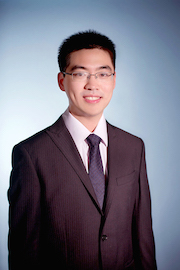
Xihao Li, Ph.D.
University of North Carolina at Chapel Hill (UNC)
Dr. Li an Assistant Professor in the Department of Biostatistics and the Department of Genetics at the University of North Carolina at Chapel Hill (UNC).
Xihao Li's profile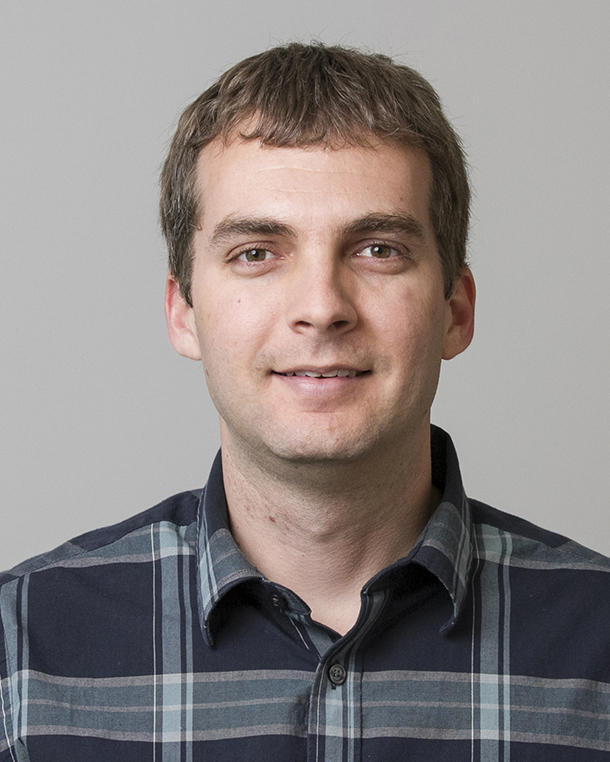
Mitchell Machiela, Ph.D.
DCEG, NCI
Dr. Machiela received his M.P.H. in epidemiology from the University of Michigan, Ann Arbor, and his Sc.D. in epidemiology from the Harvard T.H. Chan School of Public Health. His doctoral thesis focused on germline genetics and prostate cancer risk. Dr. Machiela joined the Laboratory of Translational Genomics as a postdoctoral fellow in 2012 and transitioned to the Laboratory of Genetic Susceptibility in 2015. In 2016, he was promoted to research fellow. Dr. Machiela was appointed to the position of Earl Stadtman Tenure-Track Investigator in the Integrative Tumor Epidemiology Branch in 2017.
Mitchell Machiela's profile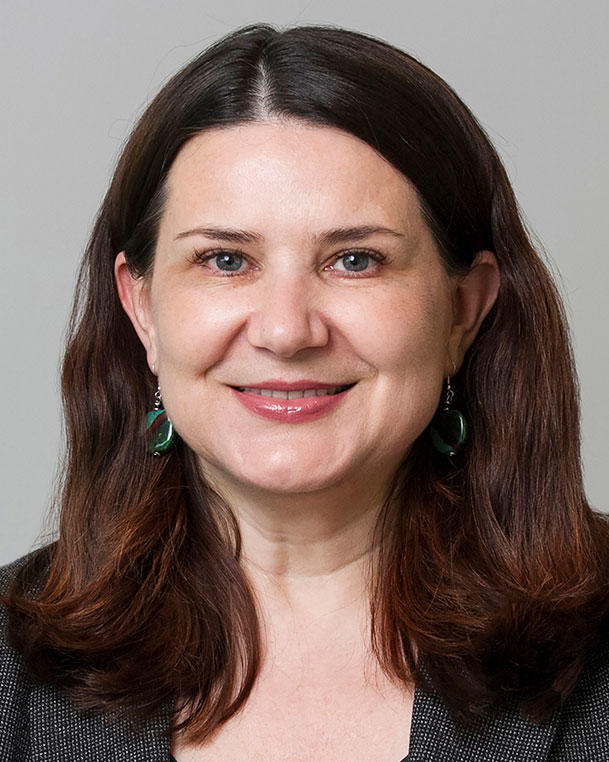
Ludmila Prokunina-Olsson, Ph.D.
DCEG, NCI
Dr. Prokunina-Olsson received an M.Sc. in molecular genetics from Moscow State University, Russia, and a Ph.D. in medical genetics from Uppsala University, Sweden, in 2004. During 2005-2008, she was a visiting fellow with Dr. Francis Collins in the Genome Technology Branch of the National Human Genome Research Institute, NIH. Dr. Prokunina-Olsson joined the Laboratory of Translational Genomics of DCEG as a research fellow in 2008, became a tenure-track investigator in 2010, and was awarded NIH scientific tenure and promoted to senior investigator in 2014. She became Acting Director of LTG in February 2018 and was appointed as Director of LTG in December of that year. Dr. Prokunina-Olsson has been recognized for her research contributions with an NCI Director’s Merit Award, several NCI Innovation Awards, Intramural Research Awards, and several awards outside the NIH. She has been recognized as an outstanding mentor by DCEG and the International Cytokine and Interferon Society.
Ludmila Prokunina-Olsson's profile
Guanghao Qi, Ph.D.
University of Washington
Dr. Qi is a tenure-track Assistant Professor of Biostatistics at the University of Washington.
Guanghao Qi's profile
Padma Sheila Rajagopal, M.D., M.P.H., M.Sc.
CCR, NCI
Dr. Padma Sheila Rajagopal received her M.D. at Columbia University’s College of Physicians and Surgeons, during which she also received an M.P.H. in quantitative methods with a focus on genetic epidemiology at the Harvard School of Public Health. She completed her internal medicine residency training at the University of Pittsburgh and a fellowship in hematology/oncology and additional fellowship year focused on cancer genetics at the University of Chicago, where she received an M.Sc. in biomedical informatics.
Padma Sheila Rajagopal's profile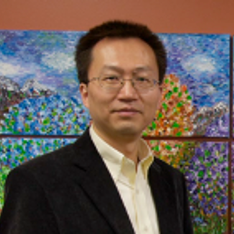
Difei Wang, Ph.D.
CGR, DCEG, NCI
Dr. Difei Wang is the Bioinformatics manager for the Research Analysis Support Group of the Cancer Genomics Research Laboratory (CGR), operated by Leidos Biomedical Research, Inc. for the Division of Cancer Epidemiology and Genetics (DCEG), National Cancer Institute (NCI). He obtained his Ph.D. in Computational Chemistry from the Hong Kong University of Science and Technology. His recent work focuses on analyses of whole transcriptomics, gene fusion, tumor-infiltrating immune cells, mutational signature, GWAS and polygenic risk score, spatial genomics, single-cell sequencing, and PacBio long reads sequencing.
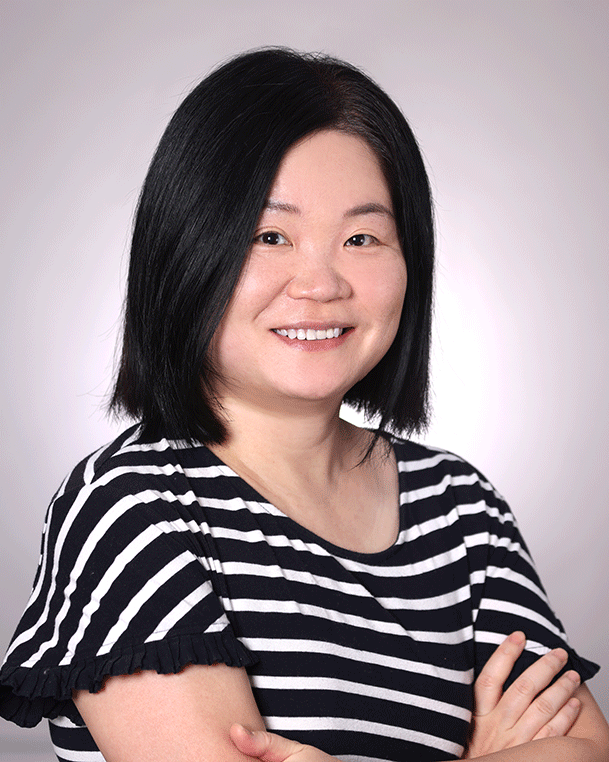
Wendy Wong, Ph.D.
DCEG, NCI
Dr. Wong is an expert in international interdisciplinary research. She has in-depth knowledge of statistics, computer science, and biology. She has held numerous leadership positions working on algorithms for next-generation sequencing data at Illumina Ltd., in Cambridge, UK, and Inova Translational Medicine Institute. Prior to joining DCEG in 2022, she served as president and chief data scientist of Coherent Logic Limited, where she consulted on data analytics and helped organizations leverage the public cloud for genomics analysis.
Wendy Wong's profile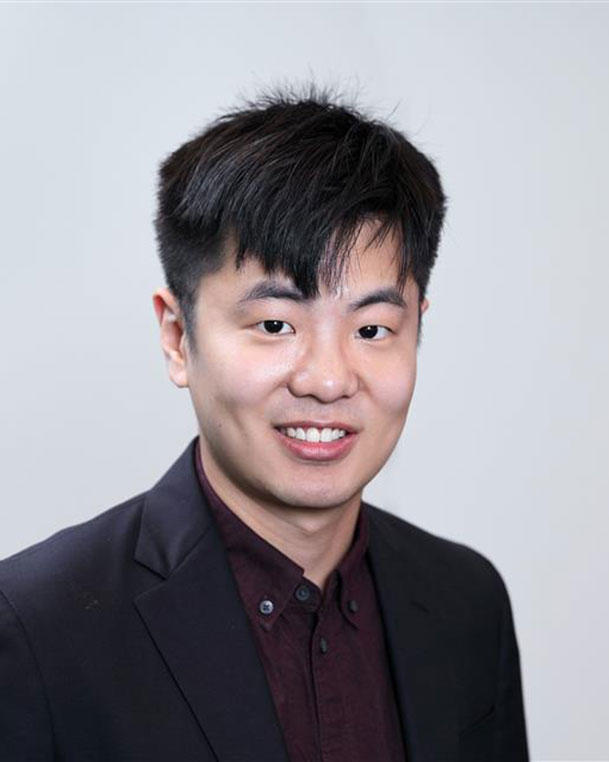
Haoyu Zhang, Ph.D.
DCEG, NCI
Haoyu Zhang, Ph.D., was appointed Earl Stadtman tenure-track investigator in the Biostatistics Branch (BB) in August 2022. He received his Ph.D. in biostatistics at Johns Hopkins Bloomberg School of Public Health, Baltimore, Maryland in 2019, and his B.S. in statistics from Zhejiang University in Hangzhou, China.
Dr. Zhang’s Ph.D. dissertation focused on testing for genetic association and building risk prediction models for cancer incorporating tumor characteristics. He also led several analyses through multidisciplinary, international collaborations using the largest breast cancer genome-wide association study (GWAS) dataset from the Breast Cancer Association Consortium (BCAC).
Haoyu Zhang's profile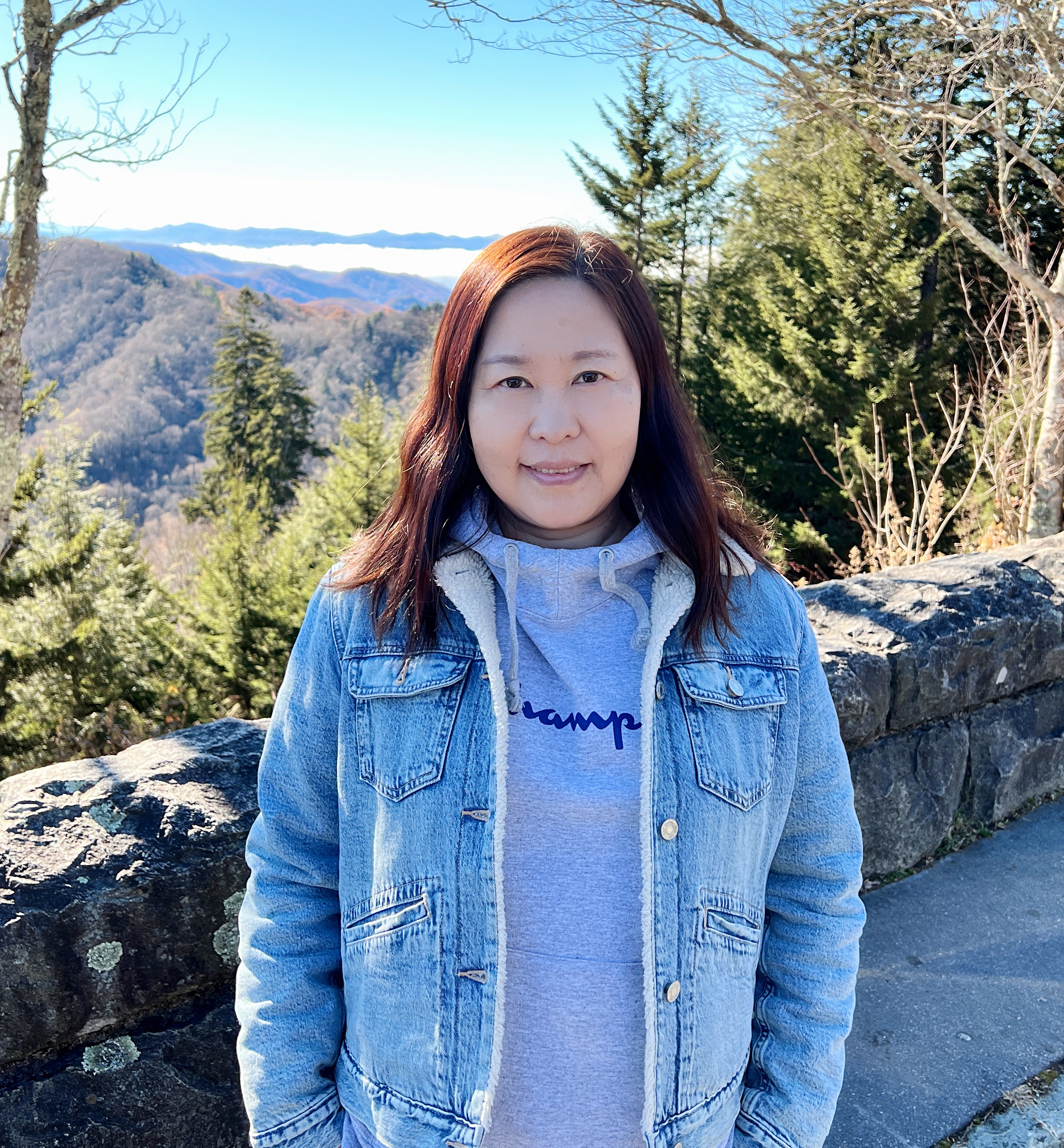
Weiyin Zhou, Msc
CGR, DCEG, NCI
Ms. Weiyin Zhou is a senior bioinformatics analyst in the Cancer Genome Research Lab (CGR). She earned her B.S. degree in Computer Science from the University of Illinois Chicago, and an M.Sc. degree in Statistics from Texas A&M University. She was selected as the recipient of the 2014 Margaret Sheather Memorial Award in Statistics. Her primary expertise centers around conducting mosaicism analysis. She specializes in handling somatic copy number alteration and germline copy number variation analysis across diverse data types such as SNP array data, WGS, WES, and targeted sequencing data. She designs and implements analysis pipelines to address these specifical tasks. Additionally, she has developed pipelines for 16S and ITS microbiome analysis. In addition to her current focus, she has previously been engaged in GWAS and SV analysis.